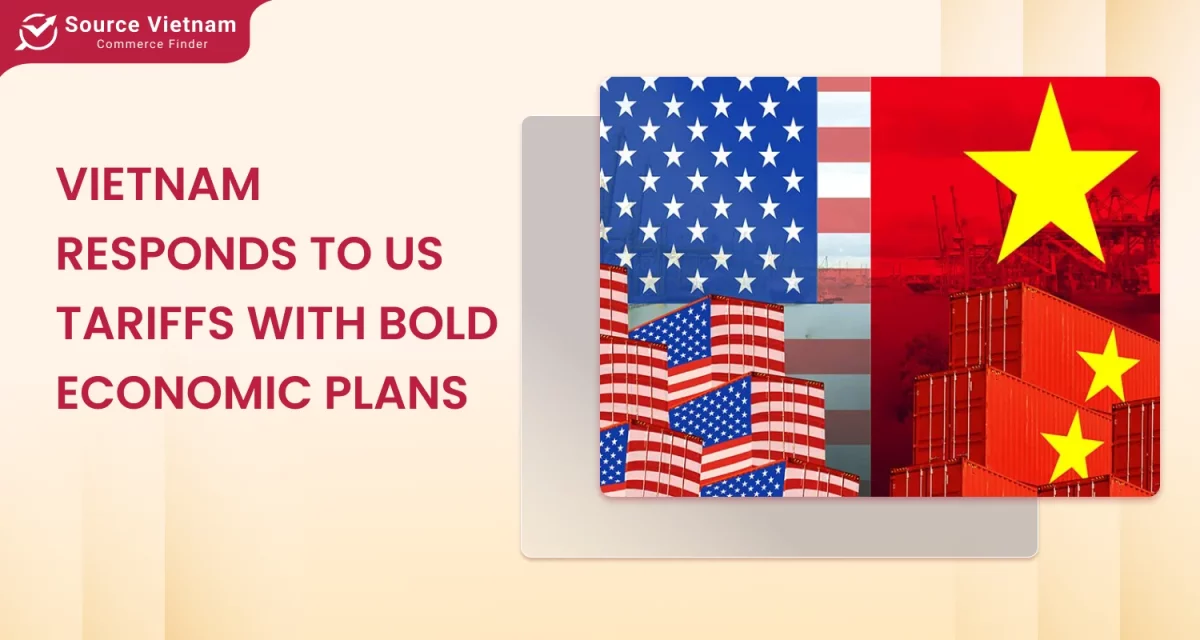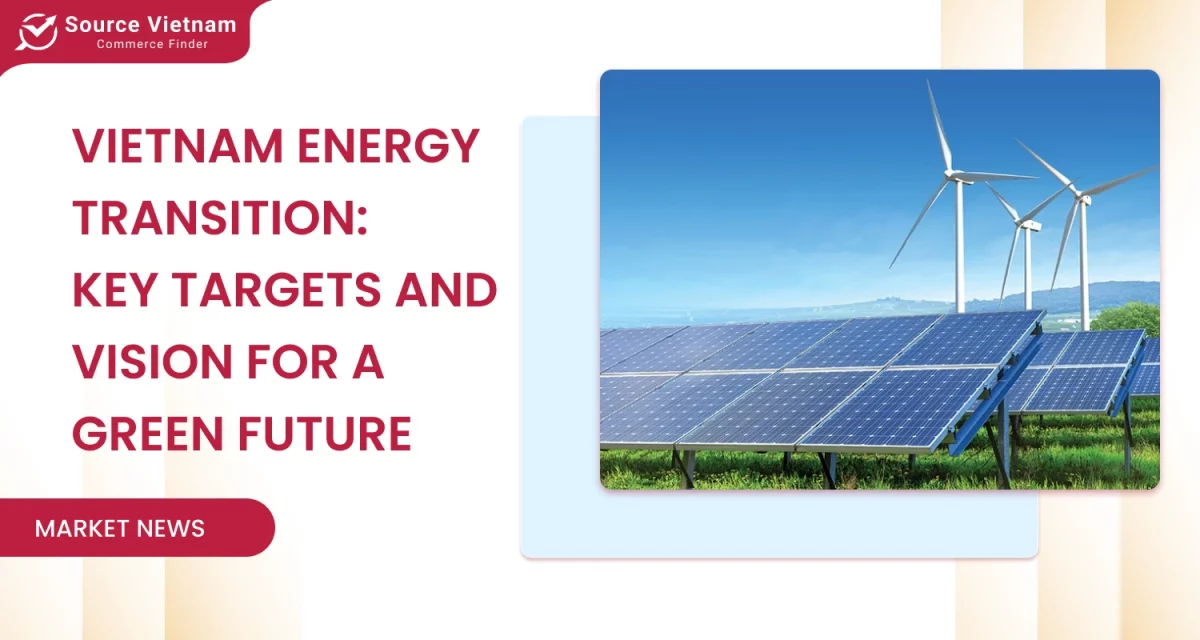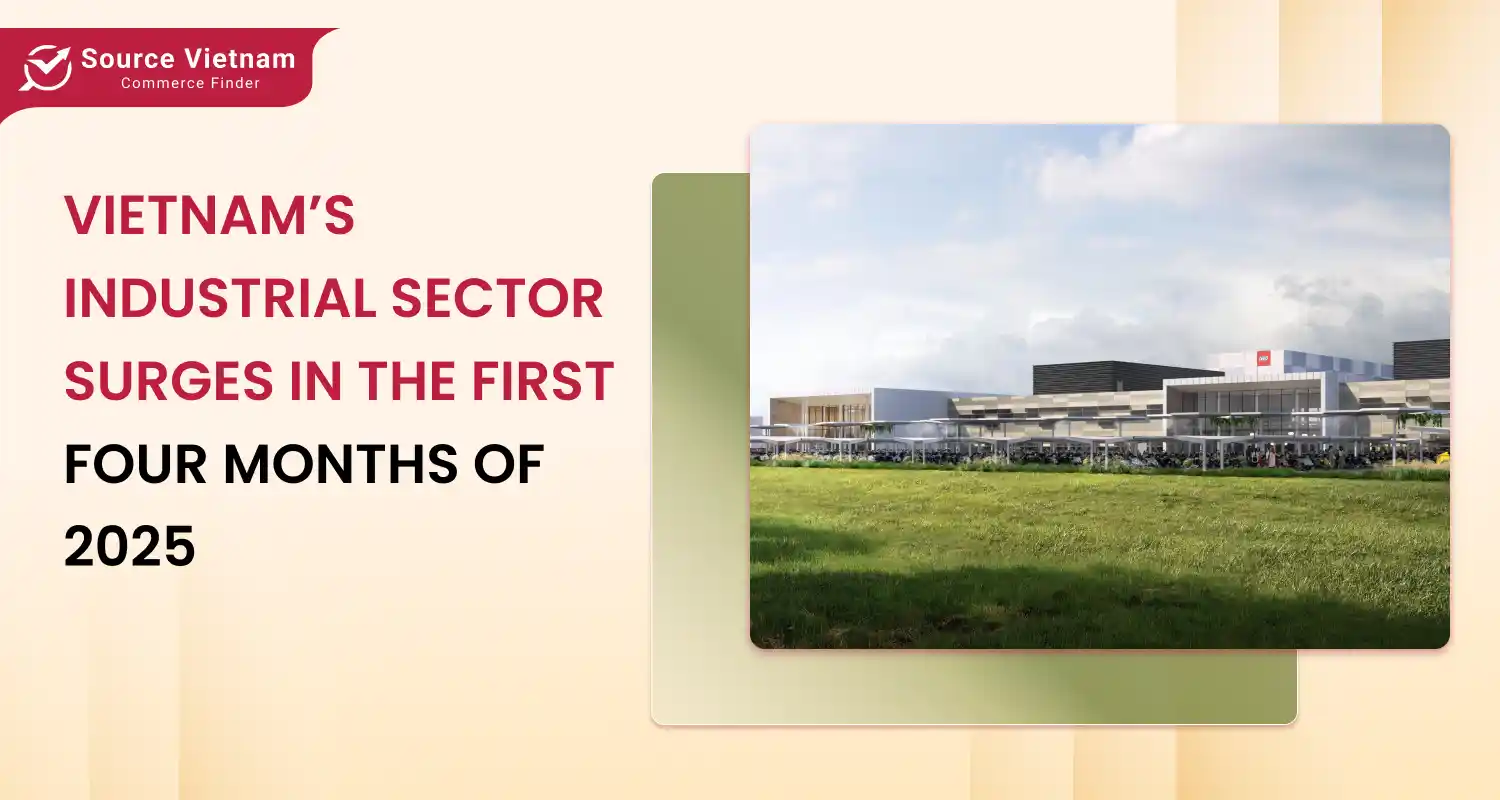
Amid global economic uncertainty, Vietnam has stood out as a bright spot with impressive industrial growth in the first four months of 2025. According to a recent report from Vietnam News, the country’s Industrial Production Index (IIP) has seen a strong year-on-year increase. This growth is driven by the vibrant performance of processing and manufacturing industries, supportive policy reforms, and the key roles played by major industrial hubs. Let’s dive into the reasons behind this surge and what it means for Vietnam’s economic future.
Processing and manufacturing: The growth engine
At the core of Vietnam’s industrial success is the processing and manufacturing sector, which grew by 10.1% compared to the same period last year. This sector alone contributed 8.5 percentage points to the overall IIP increase, highlighting its critical role in driving economic momentum. Industries like electronics, textiles, and automotive manufacturing have led this growth, fueled by strong demand from major export markets such as the United States, the European Union, and China.
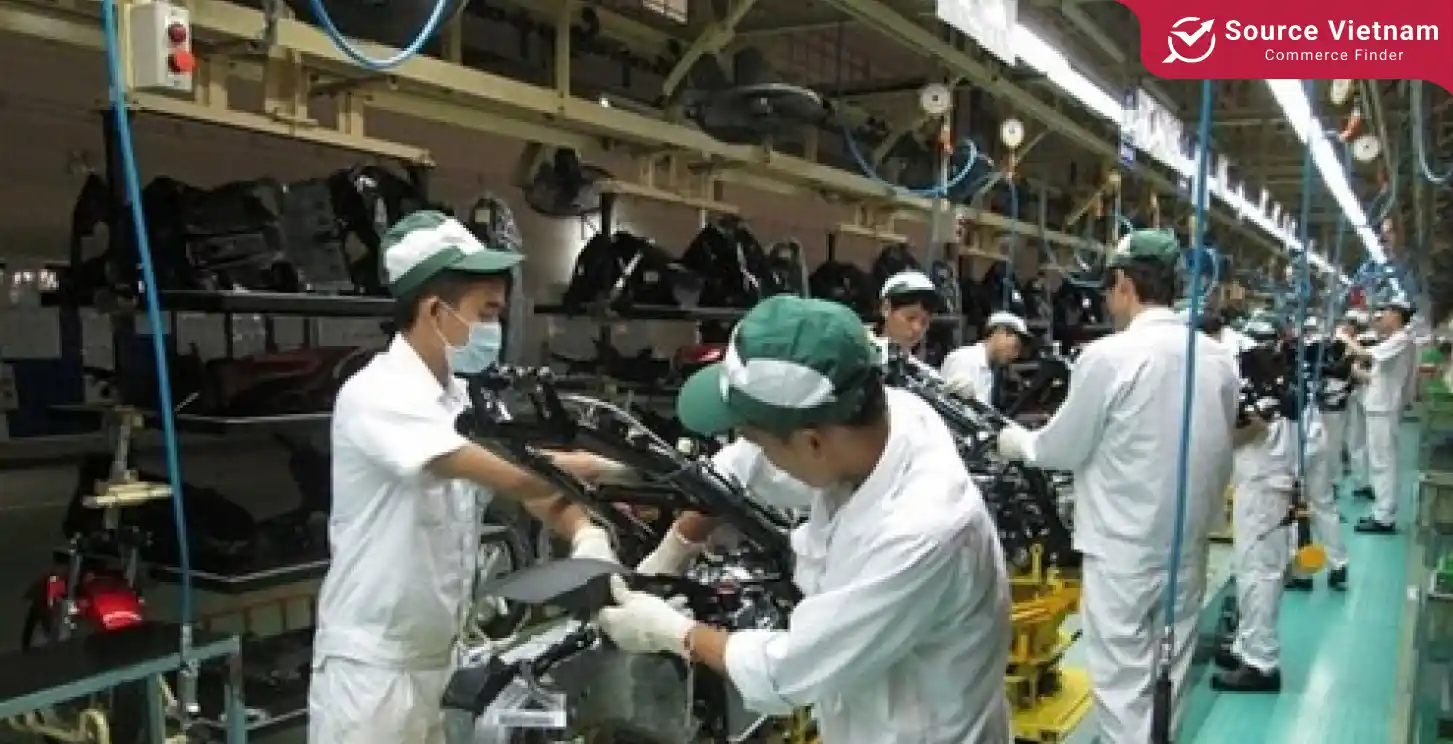
The electronics sector, in particular, has expanded rapidly, solidifying Vietnam’s position as a global hub for high-tech manufacturing. From smartphones to semiconductors, global giants like Samsung and LG continue to expand operations in Vietnam, attracted by the country’s ability to meet strict international standards. Likewise, the textile and automotive industries have benefited from trade agreements like the Regional Comprehensive Economic Partnership (RCEP), boosting exports to meet growing global demand.
This growth is more than just numbers — it reflects Vietnam’s strategic role in the global supply chain. As multinational corporations look to diversify manufacturing away from traditional hubs, Vietnam’s competitive labor costs, skilled workforce, and stable business environment make it a top choice for investment.
Policy reforms fueling progress
A key factor behind Vietnam’s industrial success is the government’s proactive approach to creating a business-friendly environment. In recent years, Vietnam has implemented significant reforms to simplify investment procedures, notably cutting 30% of unnecessary investment conditions. These changes reduce bureaucracy and make it easier for domestic and foreign businesses to establish and expand operations.

At the same time, government investments in infrastructure — including transportation networks, logistics centers, and industrial parks — have improved connectivity and efficiency. Upgraded transport routes and world-class port facilities help manufacturers move goods faster and more cost-effectively. These improvements attract new investments and boost the competitiveness of existing companies, helping them thrive in a fast-changing global market.
Regional hubs driving growth
Vietnam’s industrial growth is widespread, with key regions playing important roles. Hải Phòng, the country’s third-largest city, has emerged as a major force in the Red River Delta. Thanks to its strategic coastal location and modern port infrastructure, Hải Phòng is set to become a primary growth engine over the next five years.
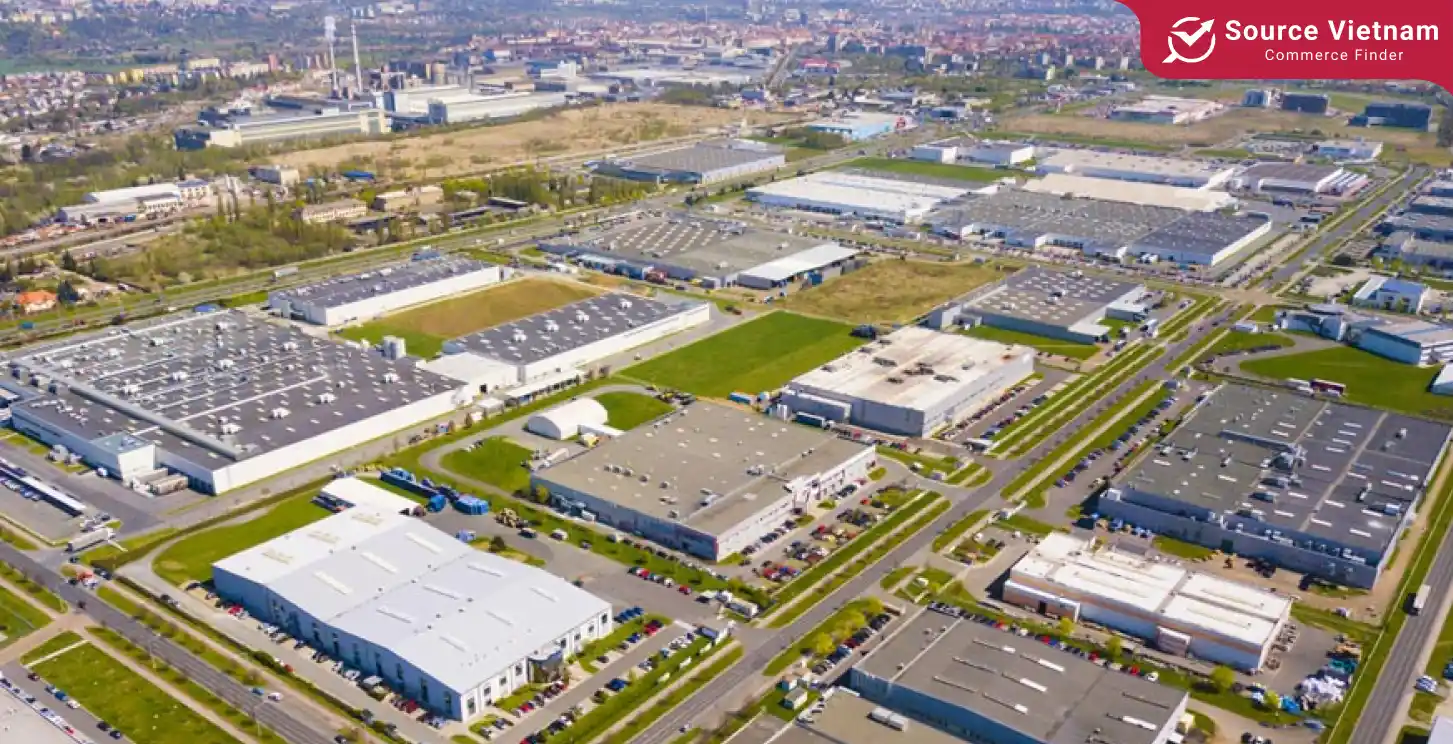
The city has attracted strong investment in high-tech manufacturing and logistics, positioning it as a critical node in global supply chains.
Similarly, Đồng Nai province in the south has become a prominent industrial hub, drawing nearly $690 million in foreign direct investment (FDI) across 76 new and ongoing projects in early 2025. Its proximity to Ho Chi Minh City and well-developed industrial parks have made it a magnet for investors in electronics, automotive parts, and consumer goods manufacturing.
Other regions like Bình Dương and Bắc Ninh also play vital roles in the national industrial output, focusing on high-value industries and sustainable development. These regional successes show Vietnam’s ability to spread industrial growth evenly across the country, promoting balanced economic progress.
Challenges and opportunities ahead
Despite the strong momentum, Vietnam’s industrial sector still faces challenges. Global supply chain disruptions, fluctuating raw material prices, and geopolitical tensions could affect sustained growth. However, Vietnam’s proactive policies and diversified export markets provide resilience against these risks. The country’s continued investment in green technology and sustainable manufacturing practices positions it well to meet the growing global demand for environmentally responsible production.
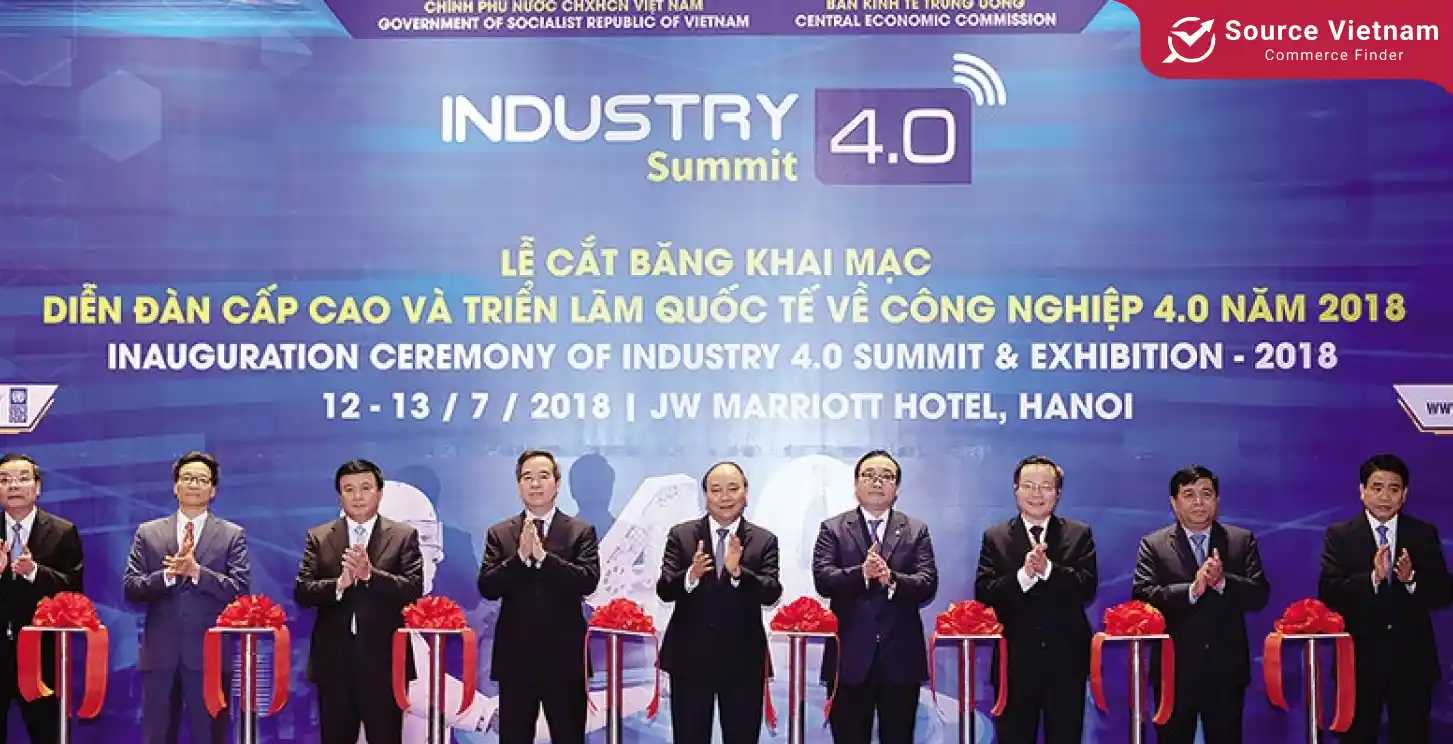
Looking forward, Vietnam’s industry is well-placed for further growth in 2025 and beyond. Government commitment to digital transformation, including adoption of Industry 4.0 technologies like automation and AI, is expected to boost productivity and competitiveness. Additionally, Vietnam’s young and skilled workforce, along with strategic trade partnerships, will keep attracting global investors seeking stable, high-growth markets.
A bright future for Vietnam’s economy
The first four months of 2025 have set a promising tone for Vietnam’s industrial sector, signaling its potential to become a global manufacturing leader. By leveraging its strengths — dynamic industries, supportive policies, and thriving regional hubs — Vietnam is not only meeting but exceeding expectations on the world stage.
As the year progresses, all eyes will remain on Vietnam to see how it continues to build on this momentum. With a blend of innovation, resilience, and ambition, Vietnam is well on its way to redefining what it means to be an economic powerhouse in the 21st century. Stay tuned for more updates as the country charts its remarkable path toward industrial excellence.









